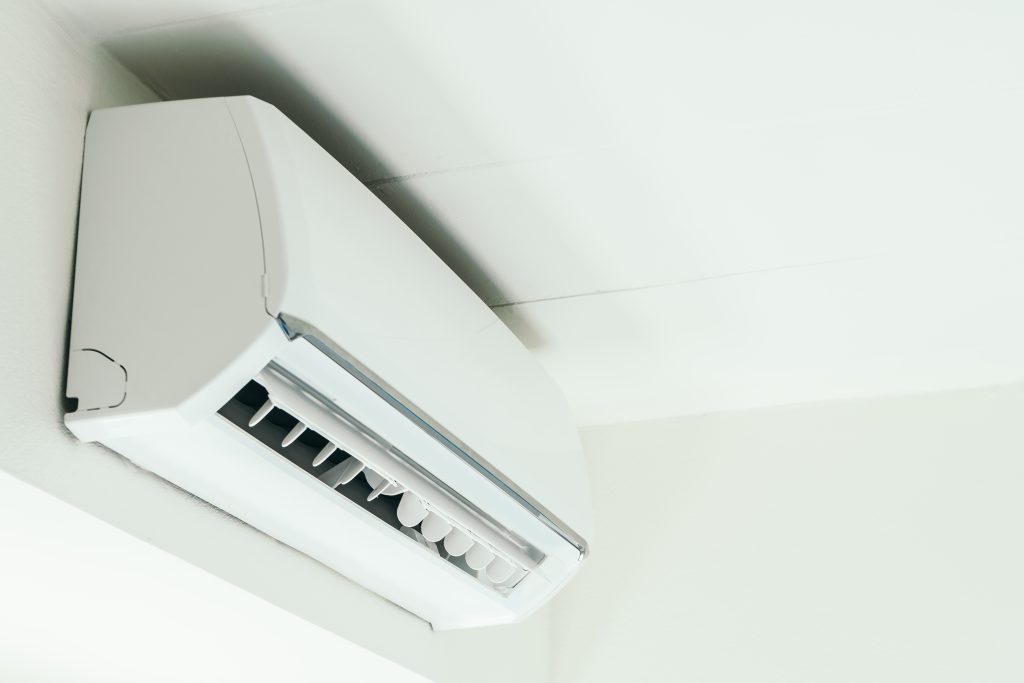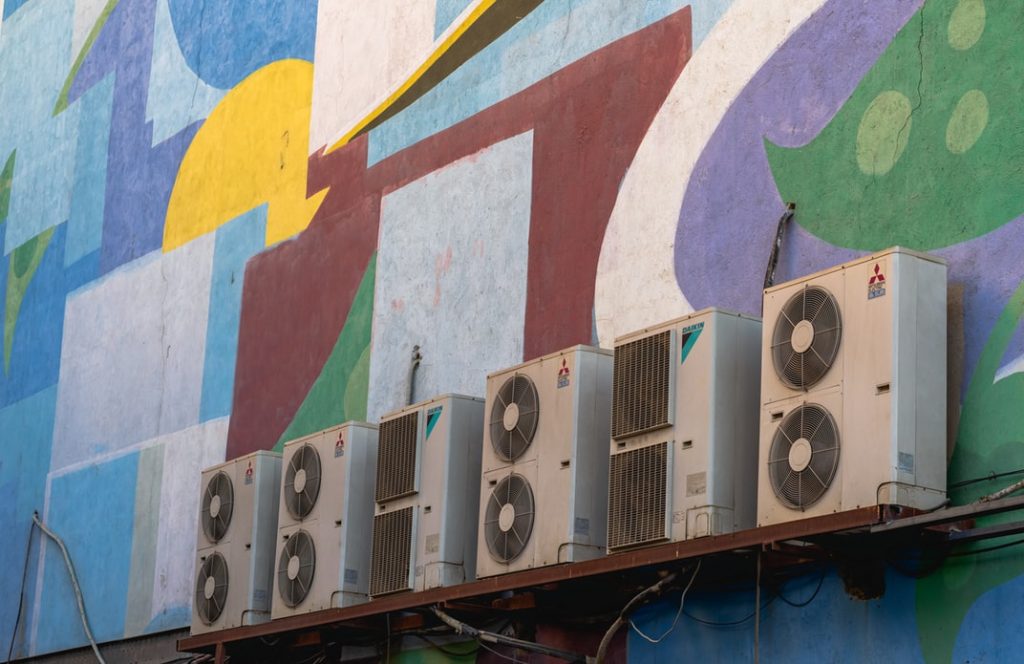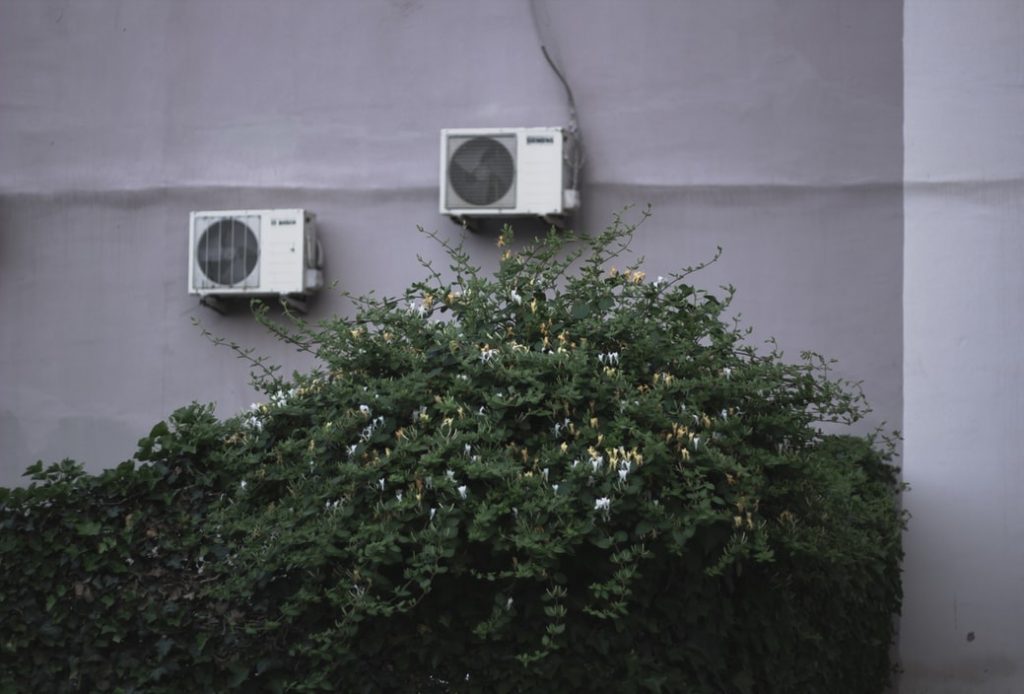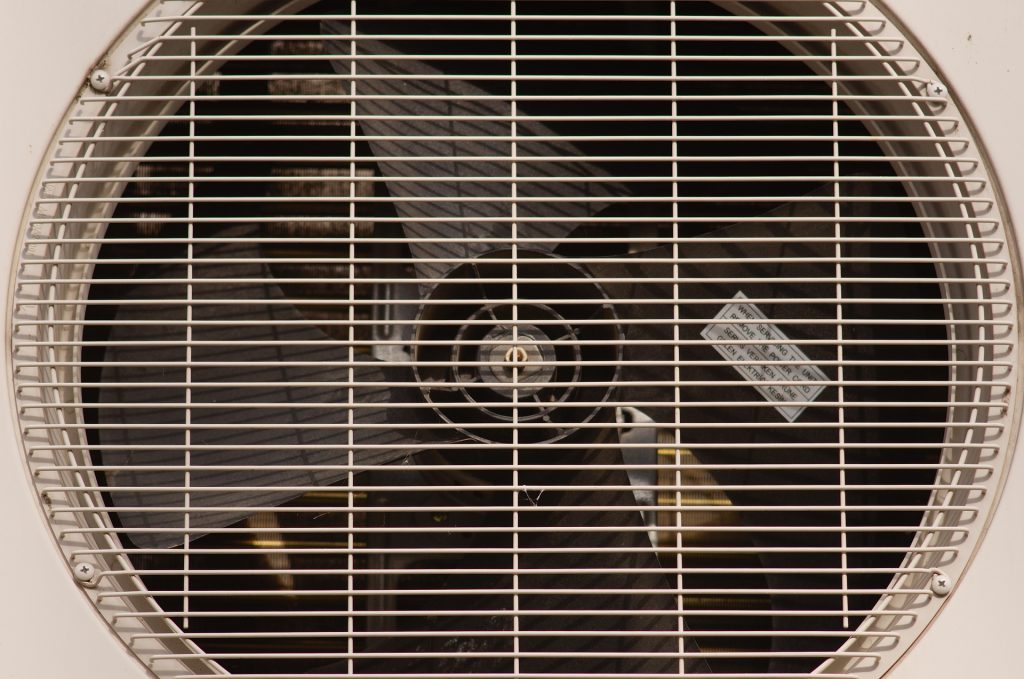With the arrival of summer, everyone is looking forward to spending lots of time in the great outdoors. Summertime outings to go hiking, camping, fishing or whatever else you enjoy are always something to look forward to, and chores like lawn mowing, gardening or other yard work can really work you into a sweat. As the temperatures climb, you’ll also be looking forward to stepping back into the cool comfort of your home when the day is done.
Arizona temperatures during the summer months can be real scorchers. You’ll use your HVAC system more as the humidity and temperatures rise. You will want to do all you can to keep it running smoothly, providing cool air and sparing you from unnecessary repairs that can impact your finances and your free time. No one wants to sit in a house that is hotter than their front yard in the middle of a summer day.
To take the best care of your HVAC system, you’ll need to understand how it works. We’ll explain some of the different components you’ll need to become familiar with to maintain your system in the following HVAC tips.
Here are some of our best HVAC tips for summer and for dealing with Arizona heat.
- Filters
The first of our summer HVAC tips is perhaps the simplest. The air filter in your HVAC system keeps particles out of the air, leaving the air flowing into your home clean and odor-free. Proper air filter maintenance reduces allergens and dust that affect the air quality in your home.
It is recommended that you change your air filters at least every few months, but in the summer, when you are using your system considerably more, you may need to replace it as often as monthly. At the start of the season, put in a fresh filter and change it as often as necessary to keep your system working at optimum levels.
The type of air filter you choose can also make a difference in the air quality of your home and the energy efficiency of your HVAC system. Choose the one that best suits your needs and budget.
- Batteries
Did you know there are batteries in your HVAC system? Consult your system manual or search your system online to see what kind of batteries you need, how to change them and how often to do so. Typically, batteries only need to be replaced every couple of years as part of routine maintenance.
You can handle this yourself or consult your HVAC technician to see if it was included in your yearly maintenance. If it wasn’t, or if you haven’t had professional maintenance done, you can purchase batteries at most hardware outlets or from your HVAC service provider.
If you change them yourself, it’s a relatively simple, straightforward task. You’ll only need a screwdriver to remove the screws on the battery compartment and the replacement batteries.
If you haven’t checked your batteries but notice the display on your digital thermostat has dimmed or is flickering, you’ll want to change the batteries immediately. Failure to do so could mean you are not getting a different temperature than what you have set your thermostat to regulate.
- Ductwork
One of the best HVAC tips we can give you is to do preventative maintenance. Having the ducts cleaned and inspected before the summer can keep your system working at the most energy-efficient level possible.
A professional can remove built-up dust, debris and dirt from the air ducts that you may not realize are there. Not only will this keep your system running well, but it will also keep the air quality of your home at optimal levels.
Your technician will also ensure your system is correctly balanced if you have a forced-air heating system that runs during the colder months once the summer has passed. An energy audit will ensure that the ducts are all in good condition, with no cracks or disconnections.
- Inspection
Certain components of your HVAC system need to be inspected regularly. One of these parts is the blower motor. This motor is a primary part of your heating and cooling system. It pulls air from the return ducts and forces it back through the system. A fan turns on the motor inside the HVAC unit, which is connected to it with a belt.
This belt is vital to the system’s operation and should be inspected yearly when the rest of the system is checked. A defective blower motor or a damaged belt could cause the system to run poorly, providing you with poor cooling and increasing your utility bills dramatically.
Additionally, early detection of problems that need to be repaired or components that need to be replaced can avoid more extensive repairs down the road.
- Maintenance
Perhaps one of the most critical HVAC summer tips we can give you is to do proper maintenance on your system. The best time to schedule maintenance is in the spring months, before the summer season takes its toll on those long hot Arizona days. A good inspection and tune-up will get you ready for the season ahead and prepare you for the cold months to follow.
A properly serviced system will keep you cool all summer and reduce the cost of running your HVAC system by making sure it is clean and running as the manufacturer intended it avoiding some common AC issues such as blown AC fuses. In the long run, regular professional maintenance will ensure that you stay cool during the hottest days of the year without interruption. Maintenance costs may vary depending on the age of your system and what must be done to get it operating properly.
No one wants to find themselves without a cooling system in the summer. Our HVAC tips can help make sure that doesn’t happen. Unexpected failures can be costly and create discomfort in your home. Investing in preventative maintenance can save you on unexpected repairs later. You can call the HVAC experts at American Home Water and Air to discuss your needs with them such as AC blowing warm air. Also, check out our article about common HVAC air flow issues
Check out our next article about the average electric bill in Phoenix during the summer.
[related_posts_by_tax posts_per_page="3" format="thumbnails" image_size="medium"]









